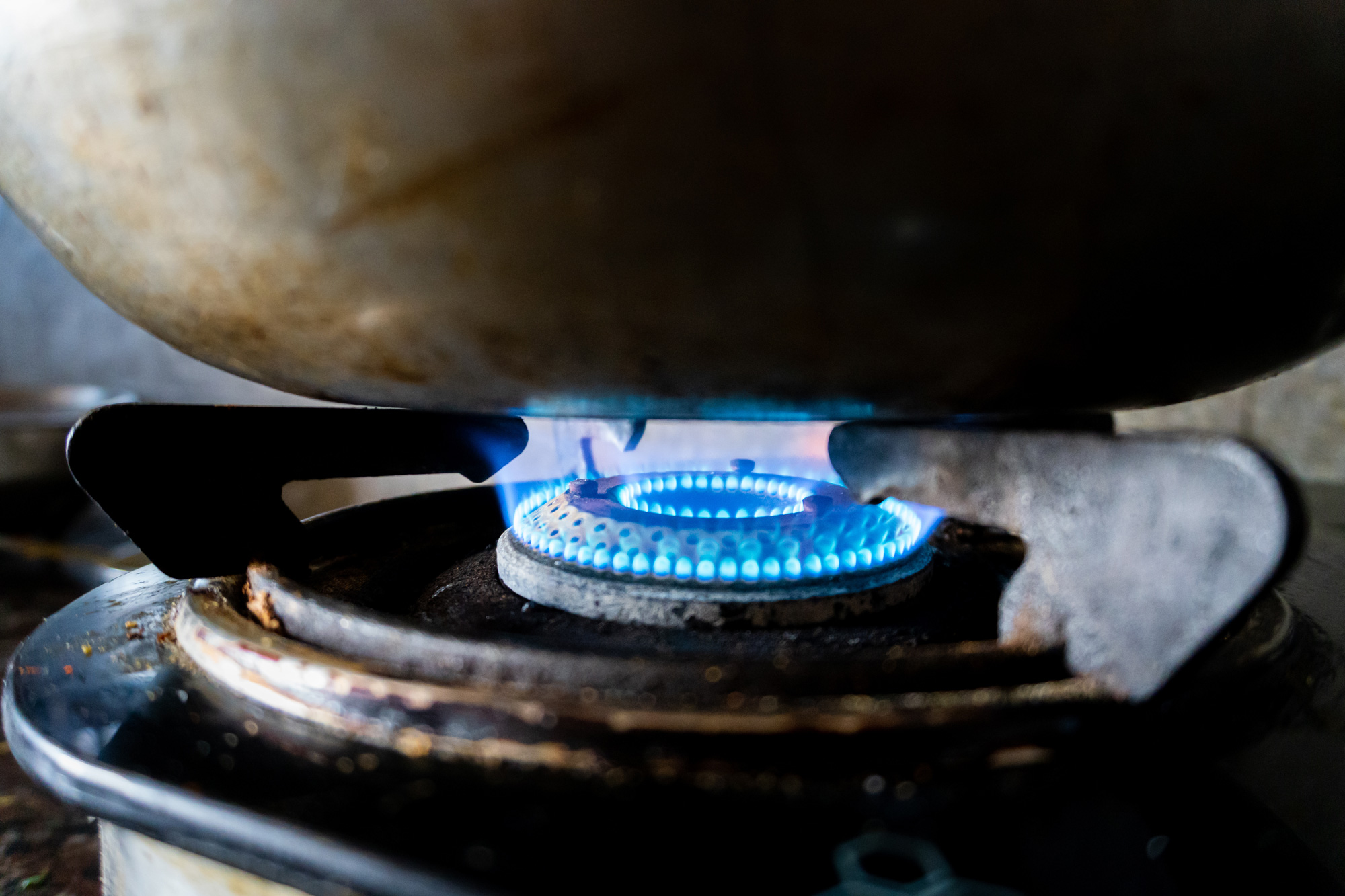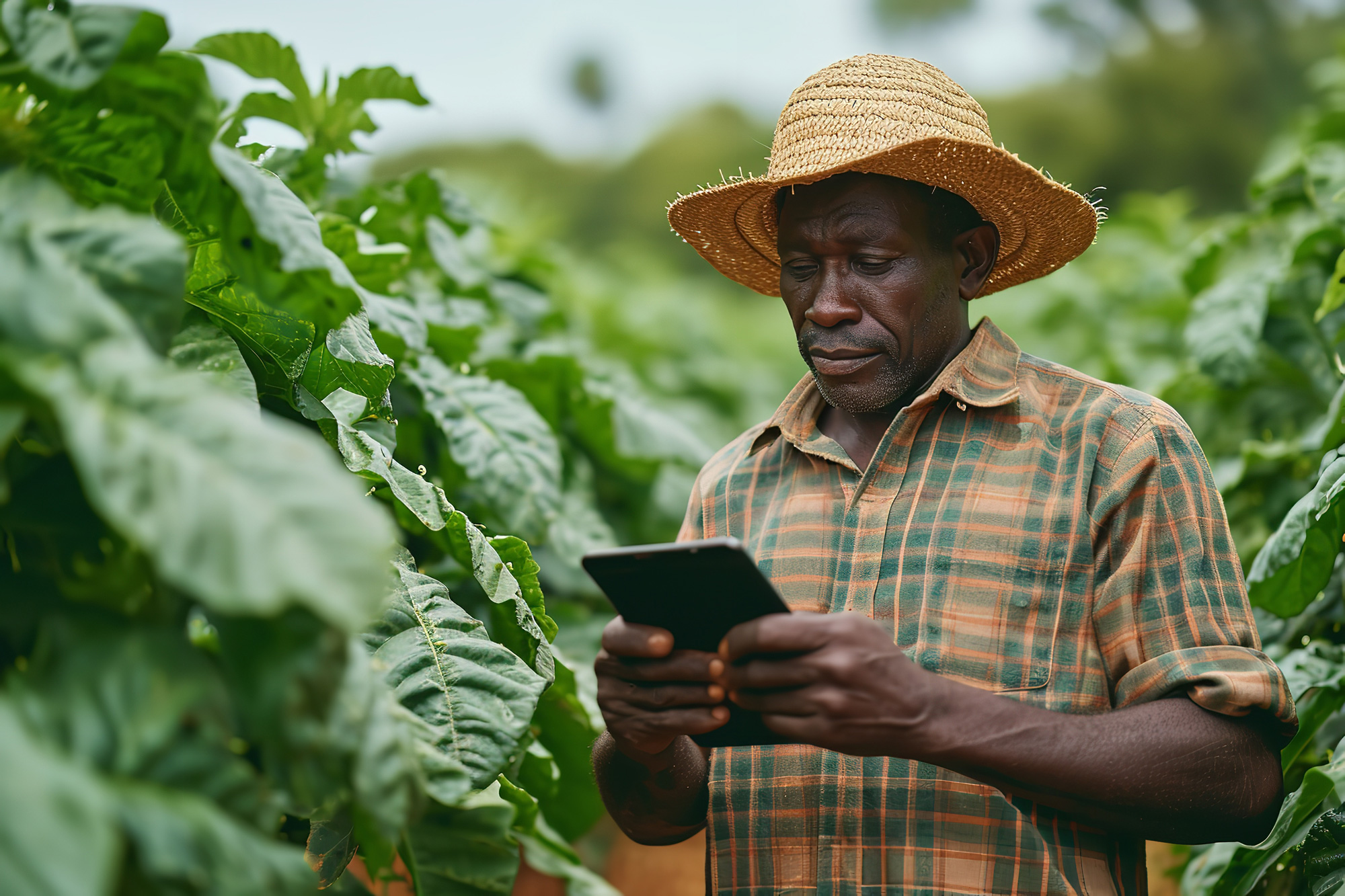
Reducing emissions, saving lives and building local industry

Our client
Our client is mainstreaming liquid bio-ethanol cooking as a clean, safe and affordable alternative to carbon-emitting cooking fuels in Africa. Supplying over 1 million households in Kenya alone, our client has used carbon finance to transfer over USD 100 million in value to people on the frontlines of climate action.
The client’s mission
Air pollution from cooking with traditional stoves and fuels is linked to nearly 4 million deaths every year, globally; women and children under 5 are disproportionately affected. Up to 25% of the most damaging carbon emissions are estimated to come from burning solid fuels for household energy needs. Yet, while clean and safe alternatives are available, taxation and regulatory frameworks are often not designed to encourage adoption. Our client sought to promote and effect a conducive policy environment to undercut the cost of dirty cooking fuels and enable people to make the switch to clean cooking at scale.

Our support
Africa Practice designed and implemented an advocacy and change strategy rooted in a detailed understanding of Kenya’s policy context and stakeholder ecosystem, and utilising a robust evidence base. Our support included:
- Political economy analysis
- Stakeholder mapping
- Policy landscape analysis
- Systems change theory design
- Policy partnership strategy and building
- Proof point development
- Policy-maker capacitation
- Stakeholder engagement
- Media engagement
The results
We established that a reduction of import tariffs and VAT on imported bioethanol would have the greatest impact on access to clean cooking alternatives across Kenya. It could improve the health and safety of lower-income communities, reduce carbon emissions and charcoal-based deforestation, and create employment opportunities in the agricultural value chain.
Our campaign thus contributed towards a 16% VAT exemption on denatured technical alcohol for domestic cooking in Kenya, directly translating to a price reduction on bioethanol as a cooking fuel, and increasing the uptake of clean cooking solutions due to increased affordability.
The awareness created among government stakeholders in the process additionally led to the launch of the Kenya Ethanol Cooking Fuel Industry Masterplan. The masterplan aims to grow the local production of bio-ethanol cooking fuel and reduce reliance on imports while developing a major new bio-economy industry with the potential of creating ~370,000 rural jobs in the agriculture sector.

